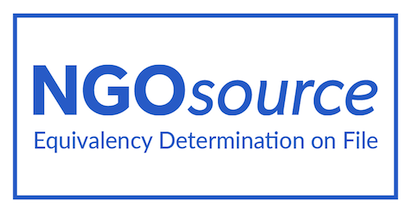Community resource centres to improve the health of women and children in informal settlements in Mumbai: a cluster-randomised, controlled trial
Feb 23 2017 / Posted in
 DOWNLOAD
DOWNLOAD
A cluster-randomized controlled trial was conducted in Mumbai's informal settlements to improve women's and children's health. The intervention included the establishment of community resource centers in 20 clusters, delivering integrated activities such as maternal and neonatal health services, child health and nutrition support, reproductive health education, and violence prevention initiatives.
Community organizers provided home visits, group meetings, day care for malnourished children, and community events. The trial aimed to increase the met need for family planning, improve child immunization rates, and reduce childhood wasting. The intervention showed significant improvements in family planning needs, higher immunization coverage, and some reductions in childhood wasting when evaluated through pre- and post-intervention surveys.
The study demonstrated the feasibility and potential replicability of the community resource center model, suggesting that such interventions could be effectively implemented by non-governmental organizations in collaboration with public sector and civil society institutions. The model included a range of activities to address multiple health issues, engaging local communities and stakeholders to build a supportive environment for women's and children's health. Despite challenges such as high population turnover, the intervention achieved notable successes, indicating that integrated, community-based health initiatives can have a positive impact in informal settlements. The results provide valuable insights for expanding similar health programs in other urban poor settings.
Share:















